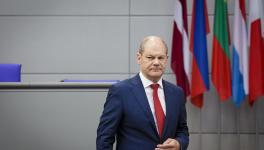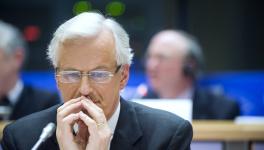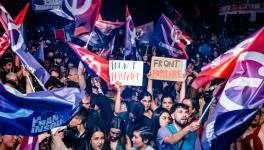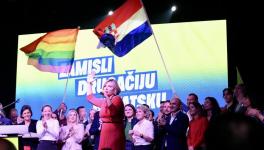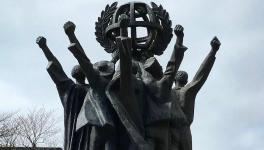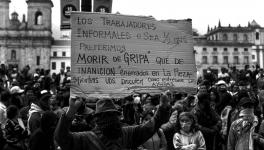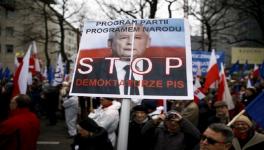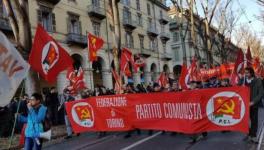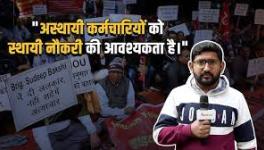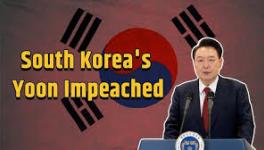Croatia’s Presidential Race Heads to Second Round
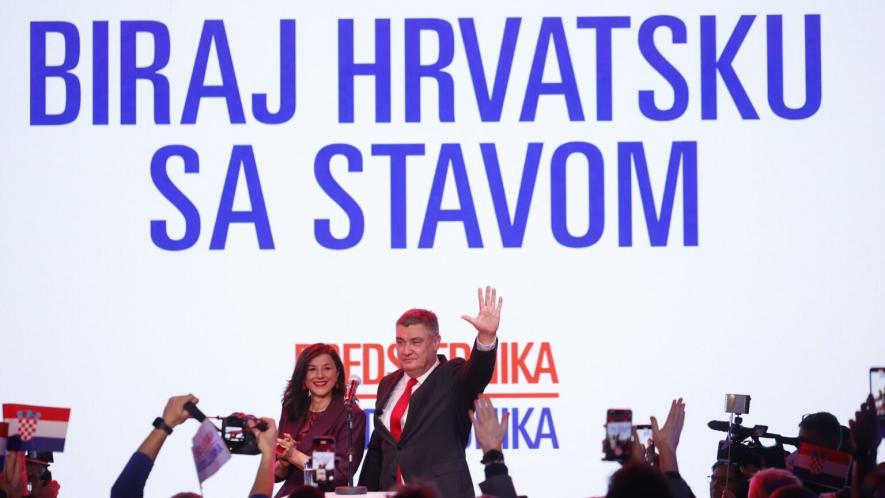
Zoran Milanović on election night, December 29, 2024. Source: Zoran Milanović/Facebook
Incumbent president Zoran Milanović fell just short of securing a first-round victory in Croatia’s presidential election on Sunday, December 29, with 49.09% of the vote. This result sets the stage for a second round on January 12, where Milanović will face Dragan Primorac, the candidate backed by the ruling Croatian Democratic Union (Hrvatska demokratska zajednica, HDZ), who secured less than 20% support.
The race featured six other candidates in addition to Primorac and Milanović, who comes from the ranks of the Social Democratic Party (Socijaldemokratska partija Hrvatske, SDP). Most of the other candidates represented the right wing, but none surpassed the 10% mark. Right-wing independent Marija Selak Raspudić and Ivana Kekin from the green party Možemo came close, securing 9.25% and 8.89% of the vote, respectively.
Milanović’s strong performance came as a surprise, particularly early in the evening as first exit polls indicated he might achieve a win in the first-round, a feat not seen in decades. The shock was particularly strong for HDZ, as Primorac’s underwhelming result showed that the party’s powerful mobilization machinery fell through. Primorac failed to lead in any part of the country, even in regions which tend to vote conservative, and secured a majority of votes only among Croatians living abroad.
HDZ officials tried to downplay the setback, framing the runoff as an opportunity for Primorac to directly challenge Milanović. However, this seems unlikely, given Primorac’s widespread unpopularity. A former education minister in the now notorious Sanader administration, Primorac has been linked to allegations of public funds mismanagement and holds ties to the private healthcare industry. Throughout the campaign, he attempted to position himself as a candidate of the West, in opposition to Milanović, who some government officials accused of trying to align Croatia with Russia. Primorac advocated for strengthening ties with Israel, even as the occupation force continues its genocide in the Gaza Strip. In fact, for many voters, Primorac’s most memorable – and only – moment of likeability dates back to 2009, when he joined chants for his own dismissal during university blockades.
In contrast, Milanović has attracted support across the political spectrum since he was first elected president five years ago. While the office is largely symbolic, Milanović has effectively cast himself as the main opposition to HDZ’s dominance. He has gained particular attention for opposing Croatia’s potential involvement in the war in Ukraine, pledging as commander-in-chief that no Croatian troops will be deployed to fight “others’ wars.” On election night, Milanović reiterated this stance, emphasizing a commitment to safeguarding Croatia’s interests, which he suggested are often sidelined by core EU countries, presented as allies in the mainstream.
Despite his broad appeal, Milanović’s time in office comes with its contradictions. Over the past years, he has occasionally embraced conservative, even right-wing, positions, particularly on migration. As prime minister from 2012 to 2016, he implemented austerity measures and proposed privatizing Croatia’s highways, actions that distance him from a truly progressive image.
With his strong result in the first round, Milanović is expected to win by a wide margin in two weeks, granting him another five years in office. Whether this will have any substantial impact on the policies implemented locally remains to be seen.
Get the latest reports & analysis with people's perspective on Protests, movements & deep analytical videos, discussions of the current affairs in your Telegram app. Subscribe to NewsClick's Telegram channel & get Real-Time updates on stories, as they get published on our website.









